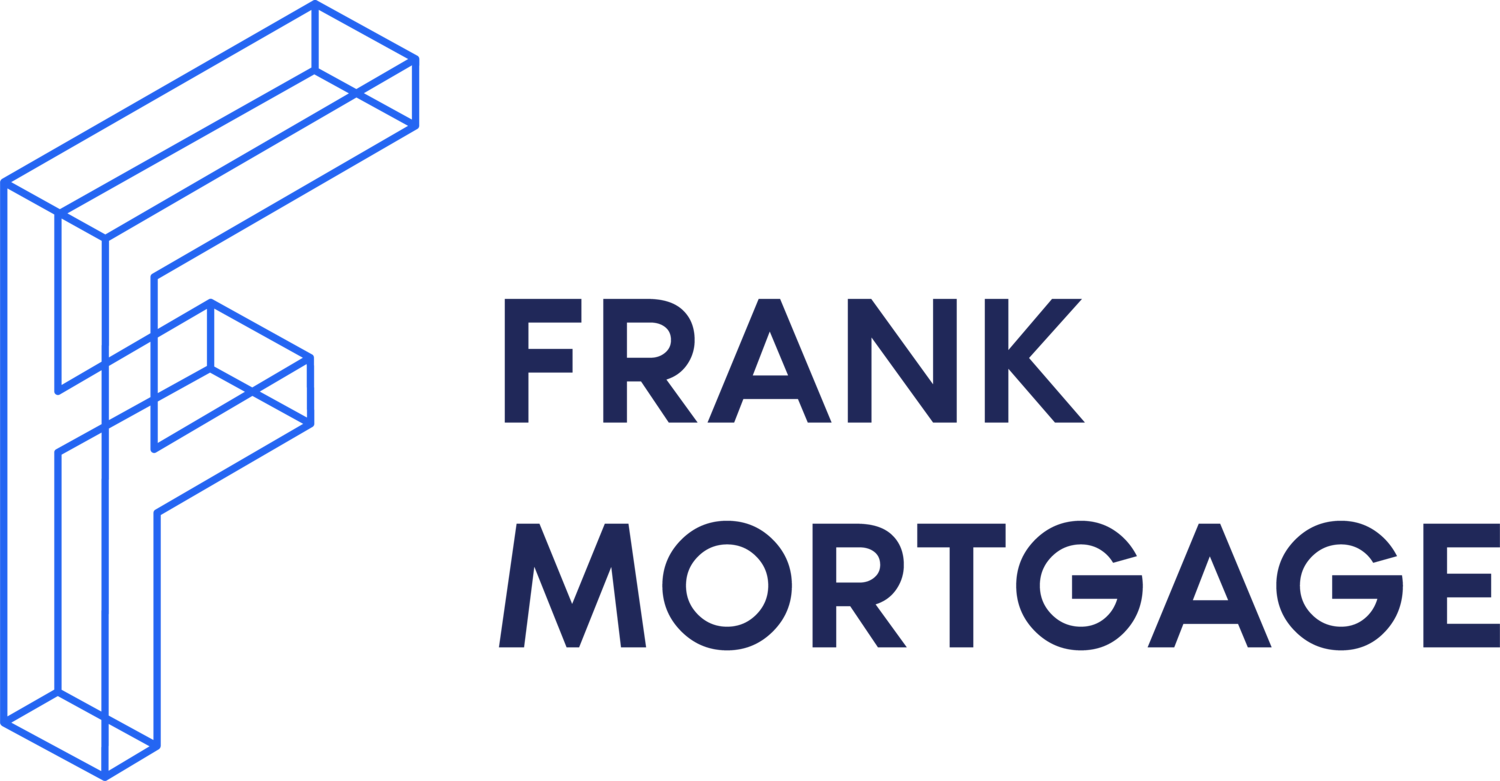Another Bank of Canada Rate Hike
Fixed Rate Mortgages Are Becoming The Popular Choice Again
The Bank of Canada raised their overnight rate by 25 basis points (bps) on January 25, 2023, from 4.25% to 4.50%. More importantly, they have indicated that they may now pause rate hikes. What does this mean for you, Canada’s mortgage borrowers? It is a mix of good and bad news, but please read on.
While saying they are pausing, they qualify it by saying it is a “conditional pause”. The Bank of Canada plans to “hold the policy rate at its current level while it assesses the impact of the cumulative interest rate increase.” In other words, they will be watching closely for signs that the recent rate hikes are acting to reduce inflation. If this is the case, we can likely expect them to hold rates where they are in the near term. If the Bank of Canada does not see inflation decline as they are hoping for they are “prepared to increase the policy rate further if needed to return inflation to the 2% target.” This can be taken as a warning for those expecting them to reduce rates anytime soon.
While those hoping for a pivot or reversal in the direction of rates will be disappointed, this is at least a sign that the period of interest rate hikes is over for now. One question being asked now is how long can we expect rates to stay at this level before the Bank of Canada acts again? And, if they change rates again, will it be lower or possibly higher? It is hard to be certain, the BoC has abruptly changed course in the past and may do so again in the future.
What is the Immediate Impact on the Mortgage Market?
The Canadian bank prime rate is now 6.70%. The best five-year, uninsured variable mortgage rates today are north of 6%. The yield curve in the bond market is inverted, resulting in variable-rates that are higher than fixed rates. So much has changed in the past 10 months.
The main impacts of this latest rate hike are:
existing holders of variable-rate and adjustable-rate mortgages are seeing the cost of their mortgages increasing once again. More static payment variable-rate mortgage holders will be receiving trigger rate notices. This will cause many to increase their payments voluntarily to keep their mortgage amortizing. Those that can’t do this will see their mortgage amortization increase, leading to an unpleasant and costly mortgage renewal when that time comes. Adjustable-rate mortgage holders now have higher monthly payments – the 25 bps increase amounts to a monthly payment increase of approximately $14 per $100,000 of mortgage. With either product, the cost of the mortgage has increased once again;
existing fixed rate borrowers won’t experience an immediate impact and can be thankful they made the decision on a fixed-rate mortgage. Those that have a renewal coming up this year will have to deal with a higher interest rate environment. The five-year insured, fixed mortgage rate averaged about 3% in 2018, so those five year mortgages renewing in 2023 will face a 50% increase in rate if the current environment of 4.5% five-year insured, fixed rate mortgages persists. This is not as severe an outcome as that experienced by variable-rate mortgage holders but it is still a material change;
New borrowers entering the market are faced with the unusual circumstance where fixed rates are lower than variable rates. As a result, under the mortgage stress test it is now easier to qualify for a mortgage with a fixed interest rate. Locking in a fixed rate now can be beneficial over the long-term because it eliminates interest rate risk for the term of the mortgage. This can be financially beneficial while also providing you the peace of mind of not having to worry about interest rates during the mortgage term. We are currently seeing a significant majority of mortgage borrowers select a fixed-rate mortgage;
The higher cost of borrowing today may continue to keep many homebuyers on the sidelines. High house prices combined with today’s higher mortgage rates place homeownership out of reach for many. The buyers that do return to the market will have smaller budgets than they would have had last year;
While the pause in rate hikes may calm the waters and entice some buyers and sellers back into the market, the continuing uncertainty about the direction of both the economy and the housing market could mute activity, holding in check any potential market rebound in 2023.
What Should a Mortgage Borrower Do Now?
A fixed-rate mortgage is the best choice for most borrowers today. We have had conversations with several new clients recently who are still considering variable-rate mortgages. This doesn’t make sense, given that fixed rates are so much lower than variable rates. Yet, the argument that variable-rate mortgage always win out over time still persists. We think a little historical context is needed to explain the weakness of that argument today.
Although not the case right now, variable-rate mortgages usually have lower rates than fixed-rate mortgages. When rates decline their cost advantage increases relative to fixed-rate mortgages. In the past 40 years, until last year, we have been in a bond bull market. This means that interest rates have been declining. From the high-rate environment of the 1980s to the unprecedented low-rate environment we had into early 2022, the trend has clearly been downward. In a constantly declining interest rate environment like this, of course variable-rate mortgages will ‘win’.

The chart shows that there has been upward and downward variability over time but the long-term trend since rates peaked in 1980 has been downward. Recently, this trendline was broken. Does anyone expect another long-term downtrend in rates? We don’t think so and we hope that we will see a more normal interest rate cycle, such as that seen between 1995 and 2008, where rates can move in either direction but not by dramatic amounts. The likelihood of variable-rates winning out consistently over time is much lower now than it has been in the past. We discourage our mortgage customers from projecting how future interest rates movements might benefit them and instead encourage them to assess their risk tolerance and make a decision on a mortgage that they can afford today that gives them peace of mind for securely financing their home.
Fortunately, the variable-rate feeding frenzy that took place through 2021 and into 2022 is now over. Many borrowers regret their decision to take a variable-rate and we hope few end up in the same situation going forward. Uninsured, fixed rate mortgages can be found below 5%, which is much lower than five-year variable mortgages that are north of 6%. Set aside the mistaken belief that variable-rates will certainly win out going forward and a fixed rate mortgage is the right choice for most borrowers.
If you decide to lock-in a fixed mortgage rate for five years, please be sure to select a mortgage lender that has fair prepayment provisions and penalties. There is a big difference between lenders, and you should ask your mortgage broker which lenders will treat you fairly if you ever had to break your mortgage.
Those that know they may need to break the mortgage or can afford to be wrong about their interest rate bet may still prefer a variable-rate. But even for those with a higher risk tolerance, it is hard to make that decision now with fixed rates being lower.
Are Higher Mortgage Rates Here to Stay?
The cost of borrowing is higher this year than last and the market still has not fully adjusted. Some hopeful borrowers need more time to save for a larger down payment to make the math work. Others hope for a further reduction in house prices. Sellers remain stubbornly attached to last year’s prices. We will see if sellers can succeed at current prices or whether they need to adjust expectations to match the realities that have reduced prospective purchasers’ borrowing power. We do not see any jet fuel igniting another housing market rally but we do think that the pause in the rate hike cycle will bring some of the recently sidelined participants back to the table. The market likes stability, and this rate hike pause may deliver that.
While the Bank of Canada predicts lower inflation by the end of next year, that doesn’t guarantee that this elevated interest rate environment won’t last. The bond market does not expect any potential reduction in rates to occur until at least October, 2023. The extent of the damage done to the housing and mortgage markets is now dependent on the duration of this higher rate cycle. Higher borrowing costs reduce purchasing power and make the housing market challenging for many at current prices. Stressed borrowers need to maintain their cash flow and direct more resources to maintaining their homes. How long can they sustain that? A weakening economy and extended high-rate environment both threaten their ability to do so. Unfortunately, the market is not predicting any material interest rate relief this year.
What Market Risks Are We Currently Watching?
With the “pause” in rate hikes, there are three key things we are watching at the moment:
Unemployment – any increase in the unemployment rate will have a negative affect on the housing market. Mortgage delinquencies and defaults would rise, and this could lead to an increase in housing supply available for sale;
Forced Sales – we are already seeing some distressed borrowers being forced to sell their homes. We think this will only impact a small percentage of homeowners but any forced selling, while stressful for the people involved, will have a negative affect on the housing market. An increase in supply of any amount from motivated sellers can be a weight on house prices;
Core CPI - this is the main measure of inflation that the Bank of Canada will be monitoring. This is the number that must decline before we can be comfortable that this Bank of Canada rate-hike cycle has come to an end.
How to Find Your Best Mortgage Today?
With rates now higher and changing frequently it has never been more important for you to work with a mortgage broker that has your best interests as their priority. We created Frank Mortgage to provide Canadian mortgage borrowers an alternative to the old, traditional ways of getting a mortgage. We have designed a better mortgage experience to help you get your best mortgage deal. We monitor rates daily and are ready to find the best deals for you at any time. We support this with frank and honest advice that is focused on your needs and not on trying to maximize our income. We are free for you to use and ready to assist with house purchase financing, refinancing or mortgage switches. We have access to prime, B and private lenders. Whatever your needs, we can help.
If you want to experience a fresh, new way to get your best mortgage and if you want to experience a mortgage process that considers you the priority, then please call us at 1-888-850-1337 or find us online at www.frankmortgage.com.

Don Scott
Don Scott is the founder of a challenger mortgage brokerage that is focused on improving access to mortgages. We can eliminate traditional biases and market restrictions through the use of technology to deliver a mortgage experience focused on the customer. Frankly, getting a mortgage doesn't have to be stressful.
Connect with Don on LinkedIn!

